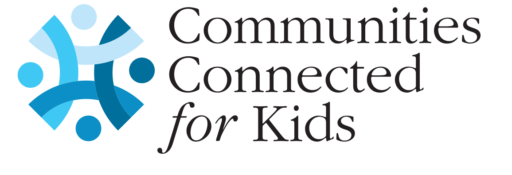More teens in foster care graduate high school this year
July 23, 2019
Port St. Lucie –
A record number of young people in Communities Connected for Kids’ foster-care system are attending college this year.
“I don’t, in five years, remember onboarding so many youth into the PESS program,” Road to Success Supervisor Chris Martinez said, referring to Post-Secondary Education Services and Supports, a Florida program that helps youth in foster care go to college.
Road to Success is the CCKids program that prepares teens and young adults for life after foster care.
Martinez said 16 young people entered the program to attend college in the fall 2019 semester, bringing to 30 the total number of youth in foster care currently attending college – a record, he said.
The number of foster youth who graduated high school this year, though not as robust as college entry levels, also is strong at 14. The number holds steady from 2018 but represents a slight decrease from 2017, which was an all-time high for local teens graduating high school.
“It’s a small number, but important,” said Christina Kaiser, community relations director for Communities Connected for Kids, the non-profit responsible for the foster-care system in Indian River, Martin, Okeechobee and St. Lucie counties. “It’s a barameter of our system’s overall health.”
That’s because a strong child-welfare system ensures child well-being, as well as safety. And graduation rates are a good indication of child well-being, Kaiser said.
“Our numbers are small, but they’re going in the right direction,” she said. “In 2014, for example, we had 7 graduates.”
Out of this year’s 14 graduates, nine youth graduated from high school with traditional high school diplomas. Three graduated with certificates of completion, and two earned their GEDs, Martinez said.
“We are all very proud of our 2019 class of graduates,” he said, adding that many of the graduates are college bound – another indicator of child well-being that continues to rise.
That may be due to changes made in recent years to Florida’s child-welfare system.
Some of those changes include a law passed five years ago that gave additional opportunities to young people in foster care, including the option to stay in foster care until age 21. Financial support and services also are available to those youth, as well as those who opt to leave foster care after age 18.
The increase in local graduations, especially among students obtaining their GEDs, most likely is related to do with the stability that comes from remaining in foster care while finishing high school, Martinez said.
Contact: Christina Kaiser
772.528.0362

